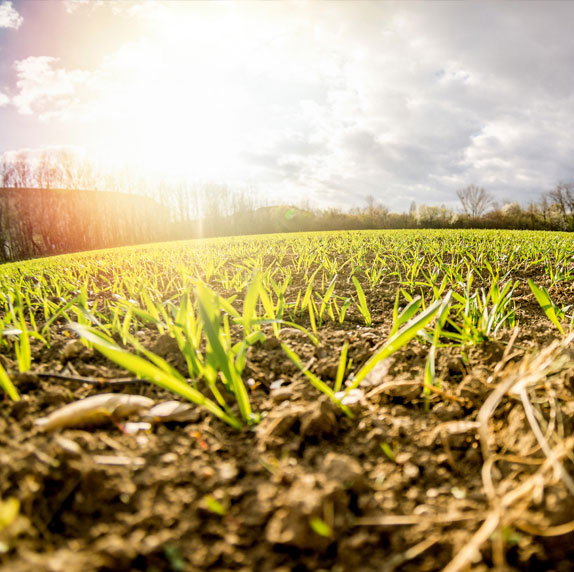Land Acknowledgement
Storytelling Toronto and the Toronto International Storytelling Festival operate on the ancestral and traditional territories of the Mississaugas of the Credit, the Haudenosaunee, the Anishinaabe, and the Huron-Wendat Nations; the original caretakers of this land. We give thanks to the Nations who live, and have lived, and protected their territory against colonization, historically and today.
Tkaronto, the meeting place, exists within the Dish with One Spoon Wampum Belt Covenant. The Dish with One Spoon is an agreement that describes how the land can be shared to the mutual benefit of all. Storytelling Toronto is committed to upholding this agreement, and to breaking down the structures that contribute to the erasure of Indigenous culture, by creating spaces for Indigenous voices, and other marginalized voices, to be heard and celebrated.

Why Do We Give a Land Acknowledgement
To recognize the land is an expression of gratitude and appreciation to those whose territory we reside on, and a way of honouring Indigenous peoples who have been living and working on the land from time immemorial. It is important to understand the long-standing history that has brought us to reside on the land, and to seek to understand our place within that history.
As a storytelling organization, we cannot celebrate the art form without recognizing the history of oral traditions that existed on this continent for millenia, and that subsequently experienced centuries of genocide by colonizing Nations. By giving a land acknowledgement, we take the opportunity to reflect on how we have, and continue to benefit from systems of oppression, which continue to suppress Indigenous culture.
The path to reconciliation is a long one and land acknowledgements are only a small piece of the puzzle. We must all continue to do the work of educating ourselves on the Nation’s history and the current inequities experienced by Indigenous peoples. Below are some resources to help you on your journey to greater awareness within this relationship.
Resources to help you learn about whose land you reside on:
Learn about the history and present-day impacts of the residential school system through the Truth and Reconciliation Commission’s reports:
San’Yas Anti-Racism Indigenous Cultural Safety Training Program:
Recommended Reading:

